The plethora of ranches, stables, and equestrian venues, often located in residential communities and near businesses of all types, is precisely why horsefly control courtesy of professional Phoenix exterminators is so essential.
In this blog on horsefly control, we will look at the following:
- What is a horsefly?
- How aggressive are horseflies?
- What attracts horseflies to humans?
- How painful is a horsefly bite?
- What deters horseflies from biting you?
- How do I get rid of horseflies?
What is a Horse Fly?
Horseflies are some of the largest flies in the United States, not to be confused with house flies which are a separate species altogether. Horse flies, and deer flies are true flies in the family Tabanidae in the insect order Diptera. Some species grow to over an inch long with a 2+-inch wingspan. They are very heavy-bodied, with large eyes, and usually black or brown in color.
A horsefly is distinct because of its size and the loud buzzing sound its wings emit as they flap. Its life span is typically 30 to 60 days, with the life cycle consisting of egg, larva, pupa, and adult fly.
How Aggressive are Horse Flies?
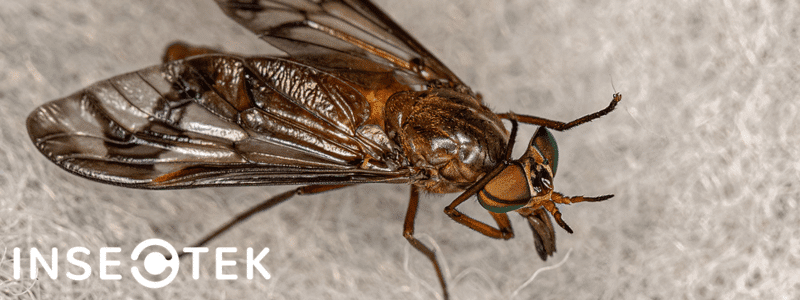
Horseflies can be very aggressive, especially toward livestock. Female horseflies feed on blood, while male flies feed on nectar and plant juices. The mouthparts of the female are like scissors. They use them to slash open the skin, thus causing the blood to flow with their saliva.
Livestock blood loss can be significant where horseflies are numerous. Horse flies consume about one cc of blood at one meal. If 20 to 30 flies were feeding for 6 hours, they would consume 20 teaspoons, which amounts to one quart of blood in just ten days.
Additionally, even though it is not as common as animal bites, horseflies bite humans as well, causing painful and irritating lesions. Horse fly bites can be especially harmful in the case of allergic reactions.
Therefore, if you have horses or livestock or work or live anywhere near someone who does, you owe it to yourself to have your home or business space treated for fly management and prevention.
What Attracts Horse Flies to Humans?
- Standing water
- Shiny surfaces
- Animal feces
- Carbon Dioxide and fast movement
- Dark colors, mainly blue
- Warmth
How Painful is a Horse Fly Bite?
Horseflies’ bites are very painful and can be serious threats to the health of livestock and horses when they feed in large numbers. Painful horsefly bites from large populations can also:
• Reduce milk production from dairy cattle
• Cause infections in the muscle tissue of beef cattle
• Interfere with the grazing of cattle and horses
• Cause injury, as animals will run to escape them
What Deters Horse Flies from Biting You?
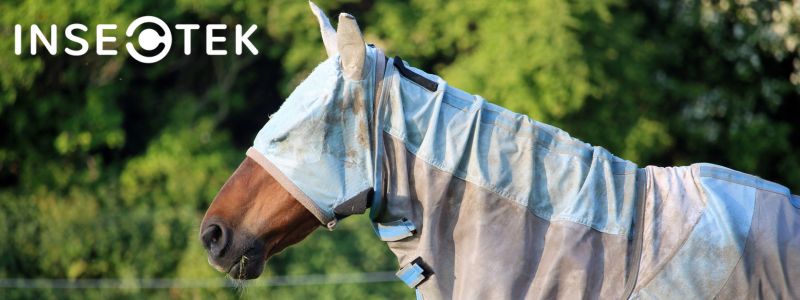
Female horseflies will bite unprompted and leave behind raised red marks. The best ways to protect you and your livestock against horse flies are physical barrier methods, maintaining a clean environment, and using fly repellent.
Horse Care
If horseflies terrorize your livestock, you can utilize garments such as fly masks and fly sheets to protect their skin from being bitten.
Maintaining Environment
As noted earlier, horseflies are drawn to animal feces and standing water. Keeping your yard clean and free of leaks or moisture can keep flies away.
Insect Repellents
Bug sprays, citronella candles, and lighting torches use their scents and smoke to deter and reduce the fly population.
While these remedies can offer temporary relief, professional fly control programs are highly recommended to keep the pests away from your home and animals for good.
How Do I Get Rid of Horse Flies?
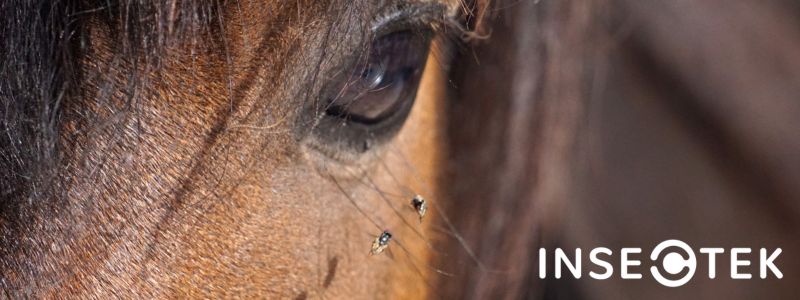
If left untreated, horse fly infestations become full-blown attacks on humans and animals. Only the females bite, and this is typically around mating season. They need blood to reproduce and lay their eggs. To remove existing horseflies on your property, take the following steps.
- Physical Traps. You can use light traps that attract and zap flies or less invasive traps like flypaper. You can purchase and use several types of traps, including Flies-Be-Gone fly traps and Hore Pal fly traps. These traps capture the flies by luring them with food bait.
- Chemical Treatment. Over-the-counter insecticides can work to remove and prevent infestations effectively. Be wary of precautions and always read the instructions before use. In more severe cases, pest control experts may need to be called in to enforce stronger treatment methods.
- Home Remedies. While how well these work may vary, you can mix ivory liquid dish soap and a gallon of water to put into a spray solution. This can be a safer option for DIY treatment as spraying on plants and near animals is safe.
- Eliminate Attractants. Removing the variables attracting horseflies can help deter them from staying around. Make sure to keep stables and other animal areas clean and feces-free. Likewise, use pesticides on your manure to avoid larvae development. Horseflies are drawn to standing water, so ensure your drainage systems work properly and eliminate water buckets. You can also cover pools and ponds during the peak horse fly season. Lastly, trim your lawn to avoid creating a cool, moist environment for horseflies to breed.
- Use Nets, Masks, and Shelter. Especially if you have horses, using barns, stables, and dog houses can allow them a haven from fly attacks. Horses can wear ear nets, face masks, and repellant tags or tape to keep horseflies away.
Published On: January 21, 2016
Updated On: June 8, 2023



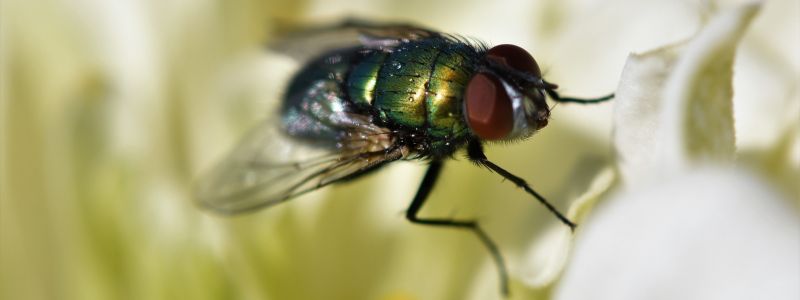


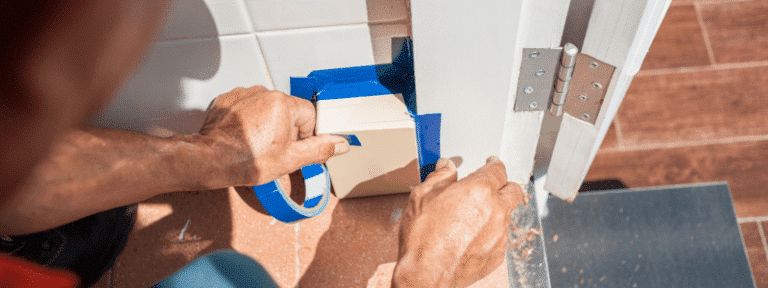

Leave a Reply
You must be logged in to post a comment.